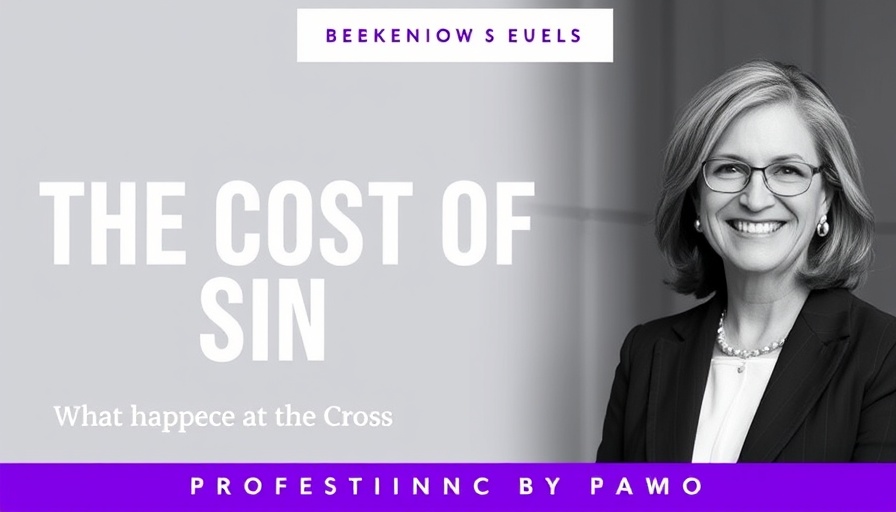
Understanding Backbiting: A Common Issue
Backbiting, or speaking negatively about someone behind their back, is a behavior not unfamiliar to social groups, including churches. Within the Seventh-day Adventist (SDA) faith community, this behavior can deeply impact relationships and fellowship. The nature of church as a gathering meant for love and support can be contradicted by divisive remarks and hurtful conversations.
The Roots of Hurtful Relationships in the Church
To grasp why hurtful relationships develop in church settings, we must first understand the environment. Churches are often places where personal beliefs and values are intensely shared, leading to passionate discussions. Sometimes, these discussions can escalate to misunderstandings, resulting in conflict and even resentment.
Moreover, various factors contribute to backbiting, like unresolved conflicts, jealousy, or differing interpretations of faith practices. Understanding these roots allows congregants to approach conflicts with compassion rather than judgment.
How Backbiting Damages Faith Communities
The detrimental effects of backbiting go beyond personal hurt. It creates a rift in the very fabric of community. When trust is broken, members may withdraw, leading to isolation and a less vibrant church life. A healthy church community thrives on encouragement and support, but backbiting disrupts this dynamic, often leaving spiritual wounds that take time to heal.
Ways to Address and Heal Hurtful Relationships
Acknowledging the presence of backbiting is the first step toward resolution. Open communication is crucial. Congregants should feel safe discussing their feelings and concerns without fear of judgment or reprisal. Additionally, church leadership can play a pivotal role by fostering an environment that prioritizes healing over hostility.
One effective approach is conducting workshops focused on conflict resolution, where members can learn skills to address disputes constructively. Encouraging sharing circles, mediated discussions, and respectful dialogue can help rebuild relationships tainted by hurtful exchanges.
The Importance of Compassion and Forgiveness
Practicing compassion and forgiveness is vital for a thriving faith community. Members are encouraged to reflect on their actions and consider the impact their words may have on others. Authentic repentance and seeking forgiveness can vastly improve relationships and ultimately contribute to a reconciled community.
Forgiveness does not imply forgetting but signifies a conscious decision to let go of bitterness, paving the way for healing. This process might be challenging, but it is essential for nurturing a supportive and loving church environment.
Creating a Culture of Positivity
Conscious efforts to transform the narrative around church interactions can lead to a more positive atmosphere. Encouraging uplifting conversations and celebrating one another’s achievements can significantly lessen the tendency to engage in backbiting. Personal testimonies of recovery and reconciliation can serve as reminders of the grace that should permeate church life.
Inspiring Change Through Leadership
Leadership within the SDA community plays a crucial role in influencing behaviors. By modeling positive interactions, leaders can set a standard for congregational conduct. Recognizing that they are not just authority figures, but also facilitators of faith and community, can encourage leaders to be proactive in addressing the culture of backbiting and hurtful relationships.
Call to Action: Building a Stronger Faith Community
As members of the SDA faith community, it is essential to commit to creating an atmosphere where love triumphs over negativity. Engage in conversations that uplift rather than criticize. Consider initiating or joining workshops aimed at enhancing fellowship among members. By working together to heal past wounds, we can build a resilient church environment based on mutual respect and understanding.
 Add Row
Add Row  Add
Add 




 Add Row
Add Row  Add
Add 


Write A Comment